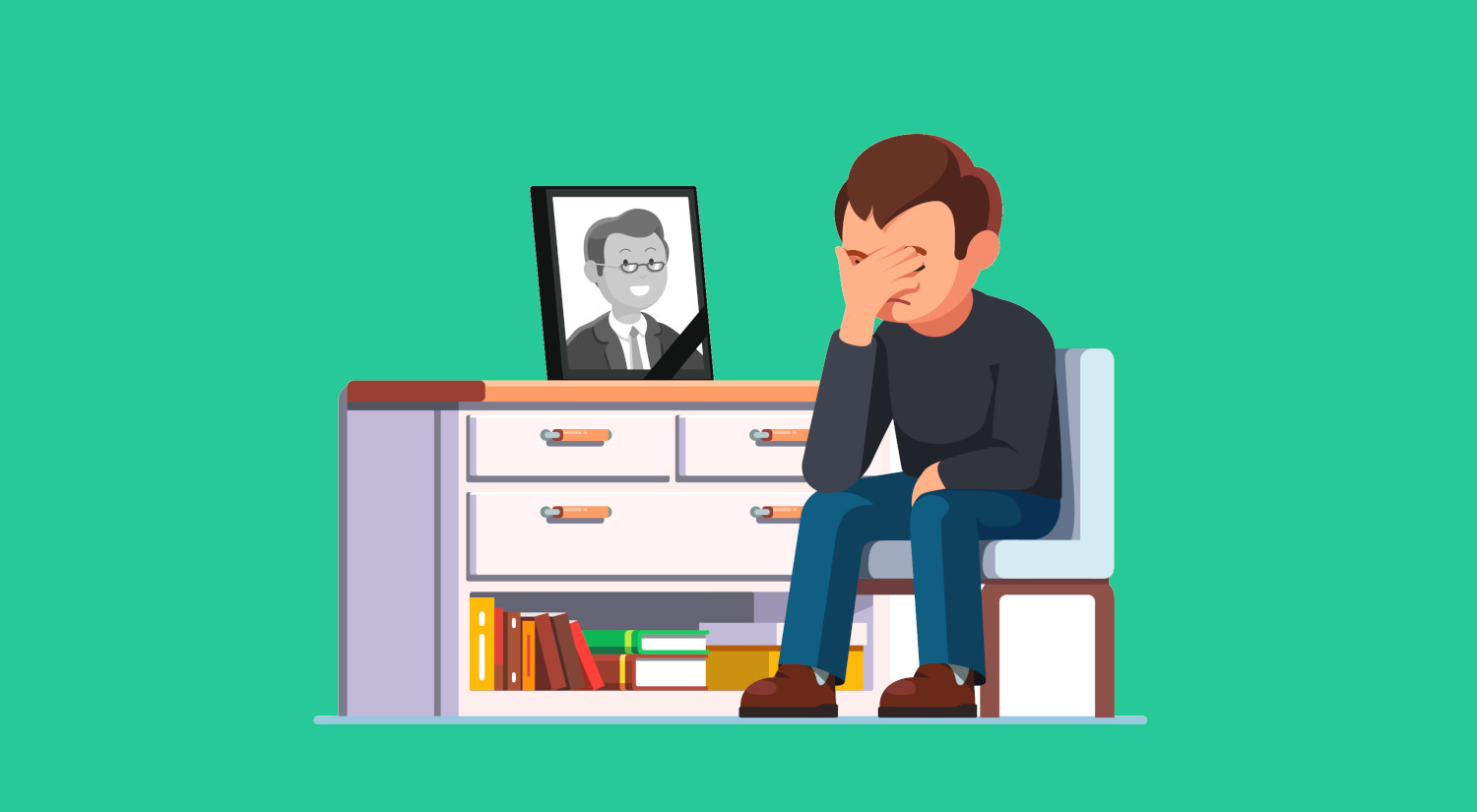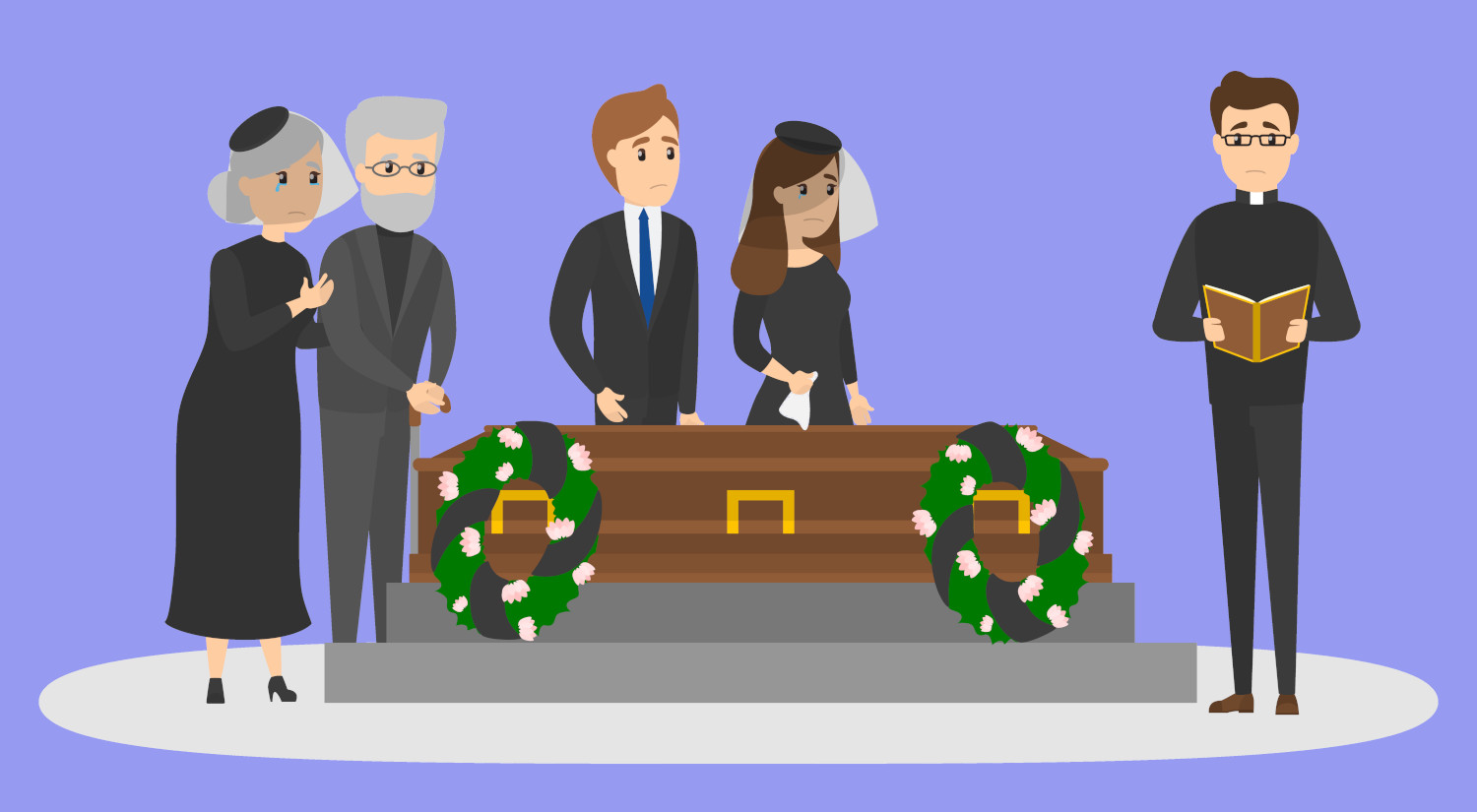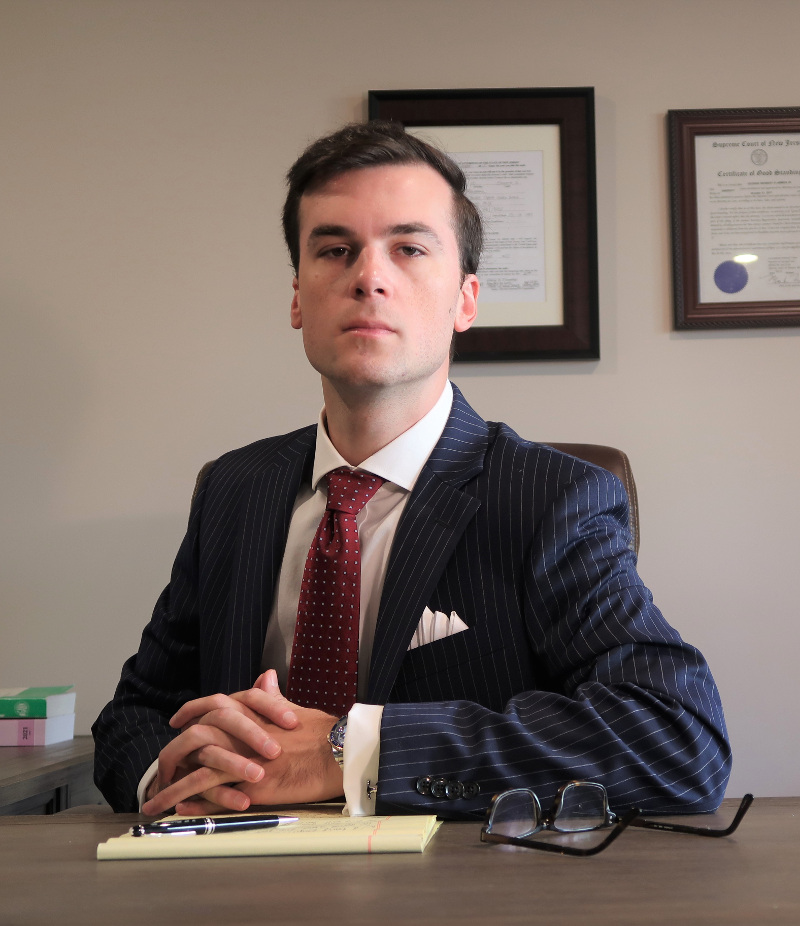New Jersey Wrongful Death Lawyers
Free Consultation: (609) 924-1115
Confidential. No Obligation. No Fees Unless We Win.
While no amount of money will ever take the place of a loved one, we fight to obtain the maximum compensation, to achieve what little bit of justice there is to be attained following the death of a loved one. Following the death of a loved one, you are likely experiencing a mix of emotions including extreme anger and tremendous grief. Our attorneys understand that our role as a counselor encompasses so much more than simply providing our legal skills. We also understand that our role is to show compassion and understanding, as we work to assist the families of loved ones in wrongful death lawsuits. If you have recently lost a loved one due to the wrongful act, neglect or default of another, it may be prudent to understand how a wrongful death lawsuit in New Jersey works. Below we will briefly provide a general overview of who can file a wrongful death lawsuit, how it differs from a survival action, and what damages may be awarded.






